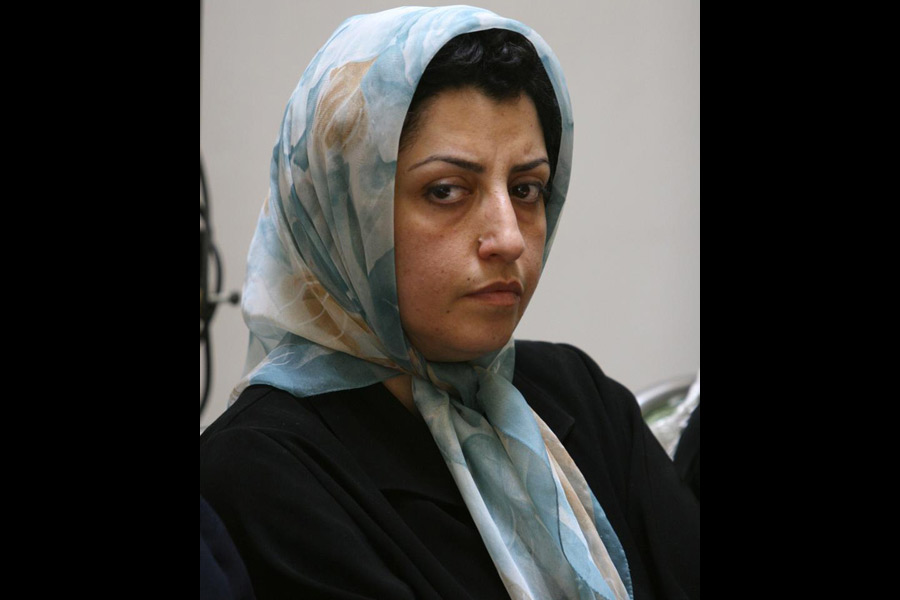 |
| Woody Allen playing the clarinet in one of his famous jazz sessions |
Woody Allen is saying goodbye with the same wan handshake he used for hello 30 minutes ago. “I hope I haven’t depressed you,” he says apologetically.
The 70-year-old writer and director has been musing about life, sex, work, death and his generally futile search for hope, and frankly, mere depression hardly seems like the right response. Flat-out terror is what is called for here.
Yes, the world according to Woody is so bereft of meaning, so godless and absurd, that the only proper response is to curl up on a sofa and howl for your mommy. Alternatively, you could try the Allen approach, which is to make a feature film every year and try, however briefly, to distract yourself from the darkness.
“You do the best you can within the concentration camp,” he says, cutting straight to the life-as-Auschwitz metaphor. “It’s very hard to keep your spirits up. You’ve got to keep selling yourself a bill of goods, and some people are better at lying to themselves than others. If you face reality too much, it kills you.”
He is not the anxious, gesticulating quipster he’s played in so many of his movies, a man who bundles his despair with a batch of winning one-liners, a bit of vaudeville by way of Camus. There is little shtick about the real-life Woody Allen, who says that outside of his work, he is rarely funny.
“It’s just an awful thing,” he says, shrugging a little, “and in that context you’ve got to find an answer to the question: Why go on?” The answer, at least for now, is Scoop, his second movie in a row set in London.
It’s a comedy, with Scarlett Johansson as a student journalist who falls in love with a hunky aristocrat (Hugh Jackman) who just might be a serial killer. Her panicky sidekick is an old-school magician, played by Allen, who pretends he’s Johannson’s father and helps her wheedle her way into the privileged echelons of British society.
Despite the murder plot, Scoop is Allen’s lightest movie in a while, an about-face from the unnervingly grim Match Point, released last year to raves and nominated for an Academy Award for original screenplay.
By the time he wrote Match Point, Allen couldn’t find American backers willing to cede the total creative control he has always demanded. “I wasn’t away,” he says patiently. “And I’m not back. Match Point was a film about luck, and it was a very lucky film for me. I did it the way I do all my pictures, and it just worked. I needed a rainy day, I got a rainy day. I needed sun, I got sun. Kate Winslet dropped out at the last moment because she wanted to be with her family, and Scarlett Johansson was available on two days’ notice. It’s like I couldn’t ruin this picture no matter how hard I tried.”
A good caricaturist could still capture Allen with a few squiggles — the isosceles head, the black frames, the politely befuddled eyes. He is grayer and little frailer than you might remember, his voice softer and a touch raspy, but he’s aging with dignity, if not grace. “It’s a constant struggle to see that your body doesn’t break down,” he says. “You put more time into maintenance and it’s boring.”
If Allen lives another couple of decades and works half as hard, he could easily make another dozen movies. But if he stops tomorrow, he’ll have created a filmography that has no precedent. With the possible exception of Charlie Chaplin, nobody has ever directed, written and acted in as many standout movies as Woody Allen, and he did it without anyone else, except for an occasional co-writer.
Scoop will test whether Allen and the relatively modest audience he had in the 80s will truly hug and make up. He hopes the answer is yes, but unlike a lot of jilted paramours, he isn’t pining. “I hope everybody likes it, that’s my fondest wish. If they don’t like it, I’m disappointed, but I’m not going to change my style of work.”










